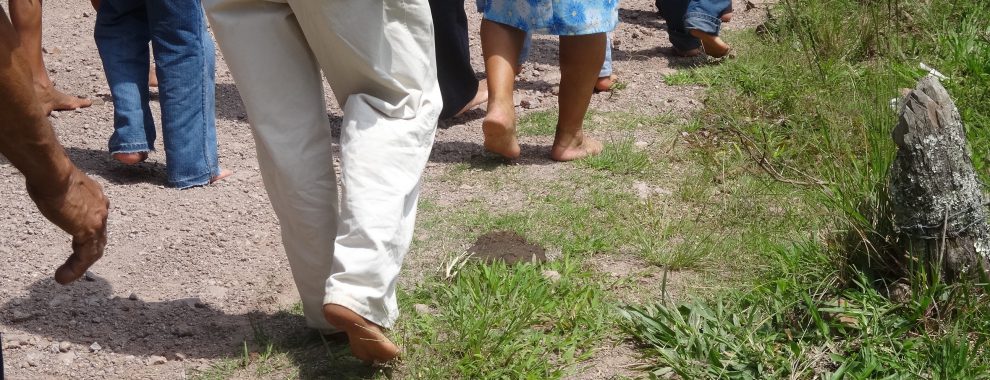Today the Catholic Church celebrates the visitation of Mary, pregnant with Jesus, to her cousin Elizabeth, pregnant with John the Baptist. It is a feast of the love between two women who said yes to the presence of God in their lives.
There is much that could and should be written about the implications of the Gospel (Luke 1: 39-56), which ends with Mary’s Magnificat, a revolutionary canticle of God’s Kingdom overturning the kingdom’s of this world.
But what struck me this morning while praying Vigils from Benedictine Daily Prayer: A Short Breviary, was a selection from Caryll Houselander’s Reed of God. The whole passage cited is worth reading, especially the first paragraph. But these words especially recalled to me the vocation all of us have to bring Christ to our daily lives, to our work and not only to our prayer.
If Christ is growing in us, if we are at peace, recollected, because we know that however insignificant our life seems to be, from it he is forming himself; if we go with eager will, in haste, to whatever our circumstances compel us, because we believe that he desires to be in that place, we shall find that we are driven more and more to act on the impulse of his love. And the answer we shall get from others to these impulses will be an awakening into life, or the leap into joy of already wakened life within them.
All work – that is true and just and good – can be a place where God is found. And wherever we can and whatever we do, that is where we can bring Christ.






